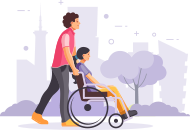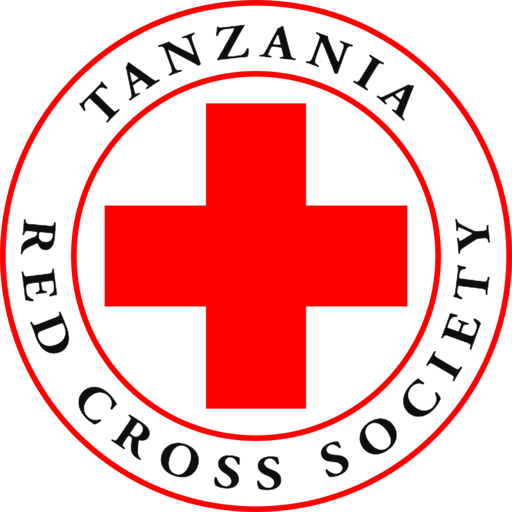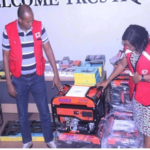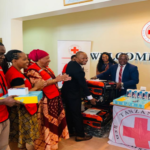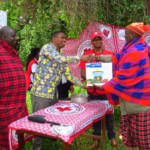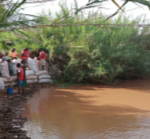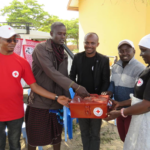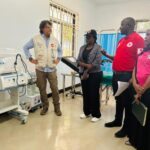
TRCS seeks to reduce existing community disaster risks, building and strengthening resilient communities through preparedness for effective response, mitigation and prevention, early warning, climate change and forecast based financing.
TRCS disaster management department
Four thematic areas
The Disaster Risk Management department aims to reduces the adverse hazards effects through 4 thematic areas.
Focuses on anticipating, preventing, and mitigating the impact of disasters. It involves planning, training, and equipping communities to respond effectively.
TRCS collaborate with Tanzania Meteorlogical Agency to access climate and weather information to keep our communities informed and act on-time in case of eminent hazard/disaster.
Aim to address the food security effects of past recurrent drought events which have left several households in severe vulnerability
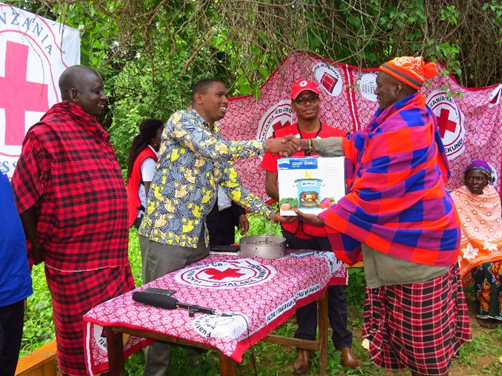
Promoting community-based solutions that reduced use of wood fuel for cooking as well as promoting other benefits such as saving on water used for cooking, and reduced exposure to respiratory infections associated with wood fuel cooking.
Sustainable Development Goal (SDGs)
In line with the Sendai Framework for Disaster Risk, the department works with vulnerable communities through Enhanced Vulnerability and Capacity Assessment (EVCA) approach to build knowledge and understanding around disaster risk, strengthen community, local and national level governance structures to manage disaster risk, working with different donors and partners to invest in disaster risk programming and enhancing disaster preparedness in order to strengthen community resilience.
The department also implements programs that contribute to the Sustainable Development Goal (SDGs) which are:

